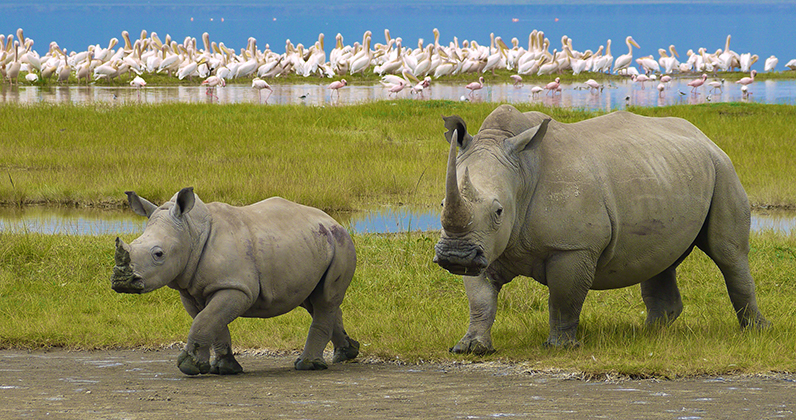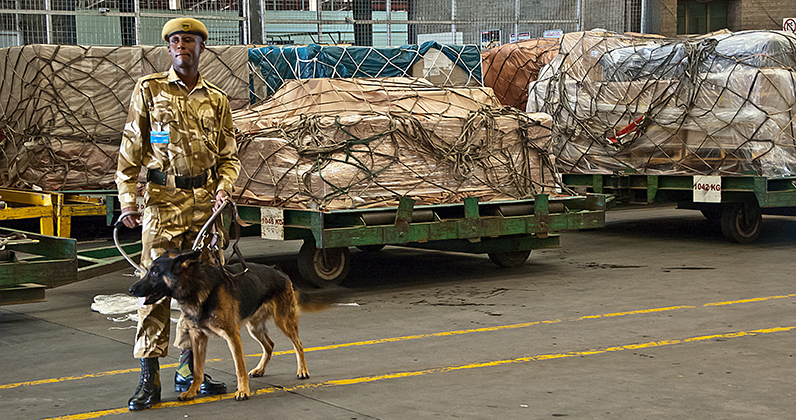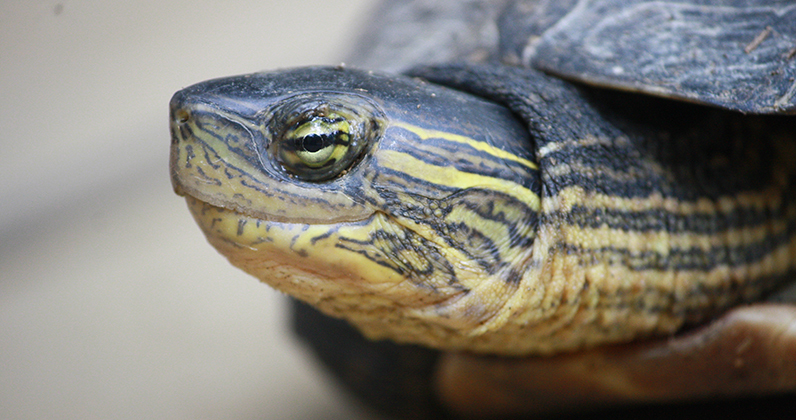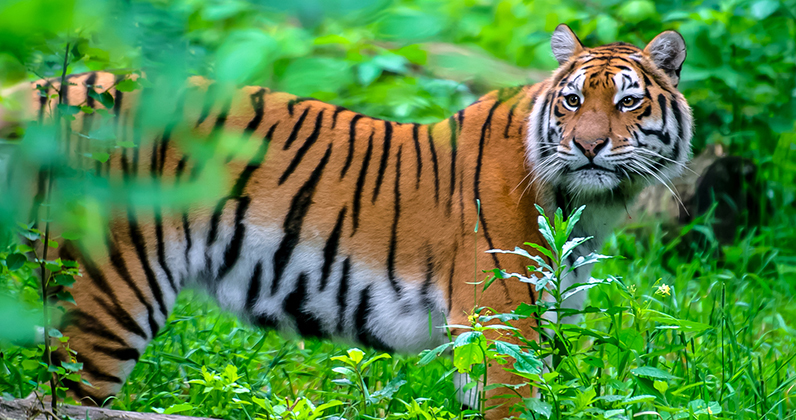Help combat illegal wildlife trade
A multi-billion dollar criminal industry, illegal wildlife trade is one of the top threats to wildlife globally, from elephants to rhinos, tigers, turtles and more.

Help combat illegal wildlife trade
A multi-billion dollar criminal industry, illegal wildlife trade is one of the top threats to wildlife globally, from elephants to rhinos, tigers, turtles and more.
A multi-billion dollar criminal industry, illegal wildlife trade is one of the top threats to wildlife globally, from elephants to rhinos, tigers, turtles and more. The Zoo is working with and supporting more than a dozen partners around the world to intervene and disrupt the illegal wildlife trade chain.

Illegal trade (wildlife trafficking) is a grave threat to the survival of many of the earths’ species. This black market turned “big business” is worth an estimated $20 billion a year and is controlled by dangerous international criminal networks linked to terrorism and the trafficking of drugs, arms and people.
Illegal wildlife trade is an extremely complex political, social, economic and environmental issue with global implications and significant human and wildlife impacts.
Addressing illegal wildlife trade requires strategic efforts at all points in the illegal wildlife trade chain, from collector to consumer. This involves anti-poaching efforts, law enforcement and regulatory agency support, legislation and political action, large-scale awareness building and education, and public advocacy and behavior change.
The Zoo's Future for Wildlife program works with multiple conservation partners to address illegal wildlife trade by:
Join our efforts to secure a future for wildlife and to combat illegal wildlife trade.

Sniffer dogs are trained to detect illegal animal products such as elephant ivory

Conservation Partner Spotlight:
The Little Fireface Project protects slow lorises by studying their ecology and by continuing education, awareness and conservation projects aimed at addressing slow loris trade - empowering people locally and globally to help save this unique and threatened primate.

Wildlife Trade Investigations:
Education for Nature - Vietnam's National Wildlife Protection Network, more than 4,000 volunteers in 32 provinces, monitors and surveys consumer wildlife trade hotspots and conducts valuable investigations that have led to documentation and resolution of more than 6,500 cases of wildlife crime since 2005.

Monitoring Wildlife Trade:
TRAFFIC's research-driven, action-oriented, global wildlife trade monitoring network delivers innovative and practical solutions to wildlife trade issues in source, trading and consumer countries based on the latest information.
Select photos courtesy of the Little Fireface Project, the Asian Turtle Program and the African Wildlife Foundation